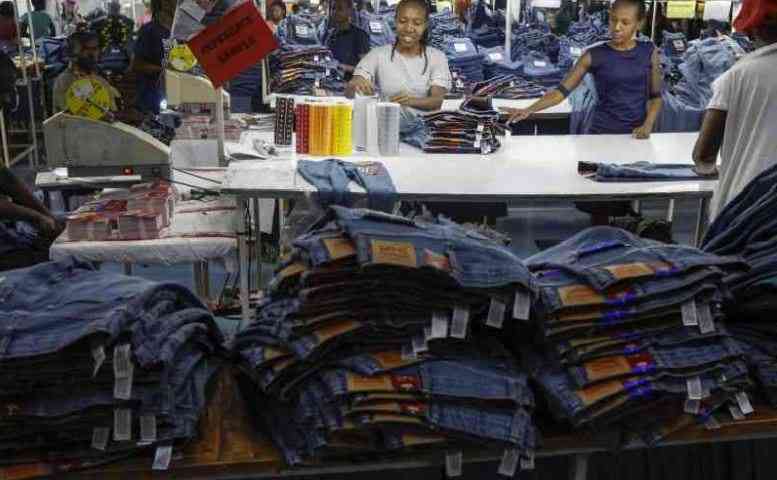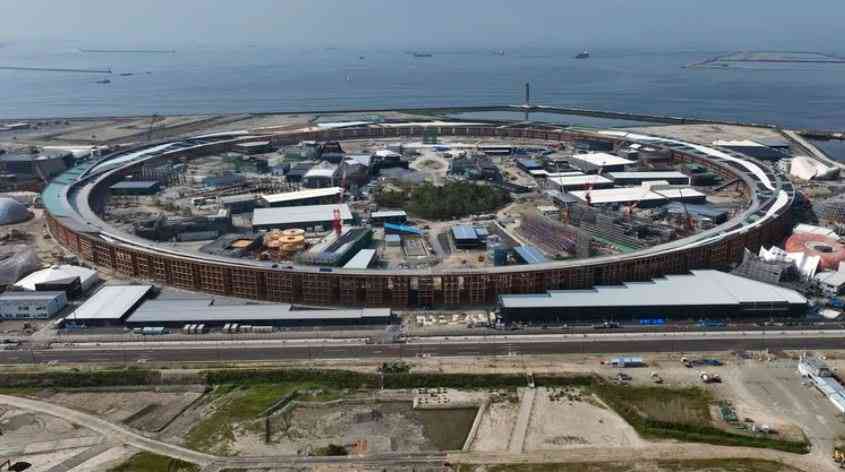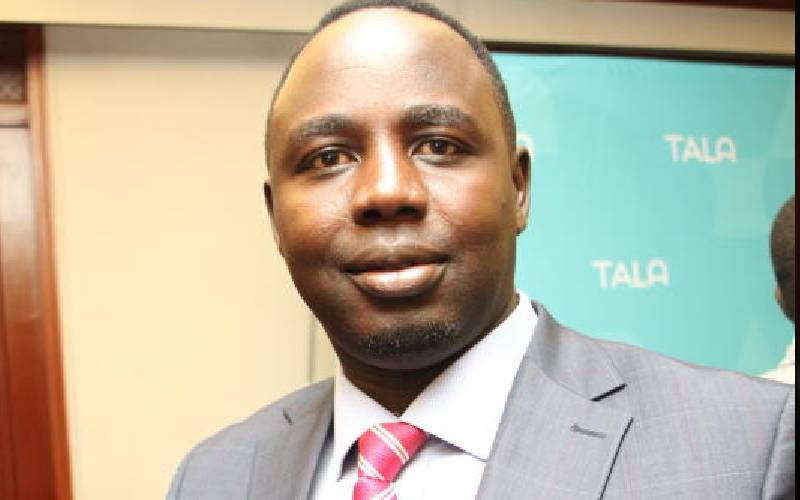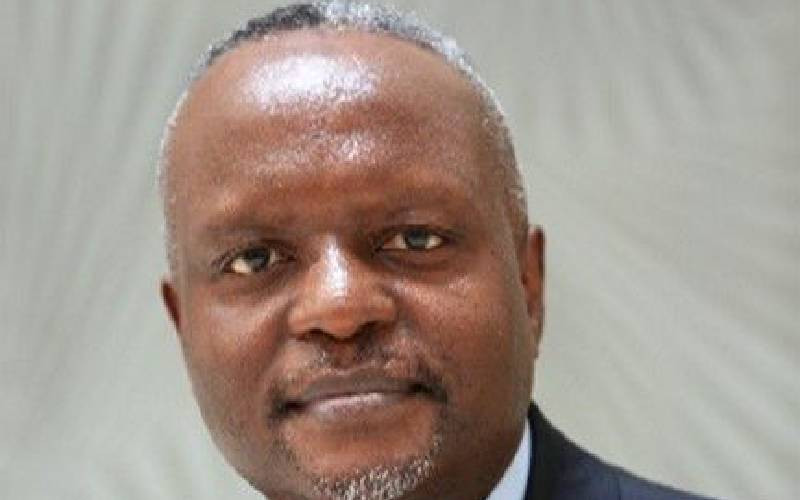
In a shocking turn of events, Raila Odinga lost his bid for the African Union Commission (AUC) Chairmanship to his competitor, Mahmoud Youssouf from Djibouti.
The long-time Kenyan political figure fell short of securing the required votes to claim the prestigious position.
Despite a well-fought campaign and significant backing from various African nations, it became evident that Odinga’s vision for the continent did not resonate enough to outpace his competitor in this high-stakes race.
The unexpected defeat has sparked a wave of reactions across Kenya, with citizens, and political analysts weighing in on what Odinga's loss means for the country.
In his backyard, Odinga has been urged to come home and focus on preparations for the 2027 elections.
Speaking to KTN, Wycliffe Juma, a Kisumu resident, expressed: “We were expecting him to win. We are disappointed, yes, but let Baba come home because we need him on the ballot in 2027.”
Echoing Juma’s sentiment, another Kisumu resident argued that Odinga might not have been suited to lead the region, as his influence is more vital within Kenya’s borders.
"We are happy that Odinga is coming home because Kenya has so many problems, and he would make a good leader here at home, not outside there,” said Hesbon Onyango.
On social media, netizens shared mixed opinions on the outcome.
One X user, Joseph Kalimbwe, remarked: “We just witnessed in Addis, one of the greatest political comebacks in African politics. Several SADC delegates voting for Djibouti is a strong message.”
Meanwhile, Alinur Mohamed explained Odinga’s loss, asserting: “Raila has lost the AU elections in Ethiopia because of President William Ruto’s involvement in DRC Congo! When Ruto said he had called the President of France, he messed Baba up.”
However, political analyst Harun Issack attributes Odinga's loss to poor campaign strategy.
According to Issack, “Kenya did not understand the regional campaign and how it works. For the region, it’s all about country-to-country relationships. There’s no friendship.”
Stay informed. Subscribe to our newsletter
Reflecting on the broader implications of Odinga's defeat, Upia Party youth leader Gabriella Lorere noted that Odinga’s loss could shift Kenya’s political landscape.
Despite his formed alliance with President William Ruto, Lorere argued that Odinga’s priorities would always be his interests.
“In politics, there is no friendship, nor enmity. Despite Ruto supporting him, Raila Odinga will look at his interest,” said Lorere.
Odinga's loss marks Kenya’s second loss in the AUC chairmanship election, having previously lost to Chad under similar circumstances in 2017.
As Kenya contemplates its place in continental leadership, many are left wondering what the future holds not only for him but for the country's political landscape.
The question now is whether his next move will be a game-changer for the 2027 elections, or if the political tides will shift, yet again. Either way, Kenya’s journey in the AU will continue.







